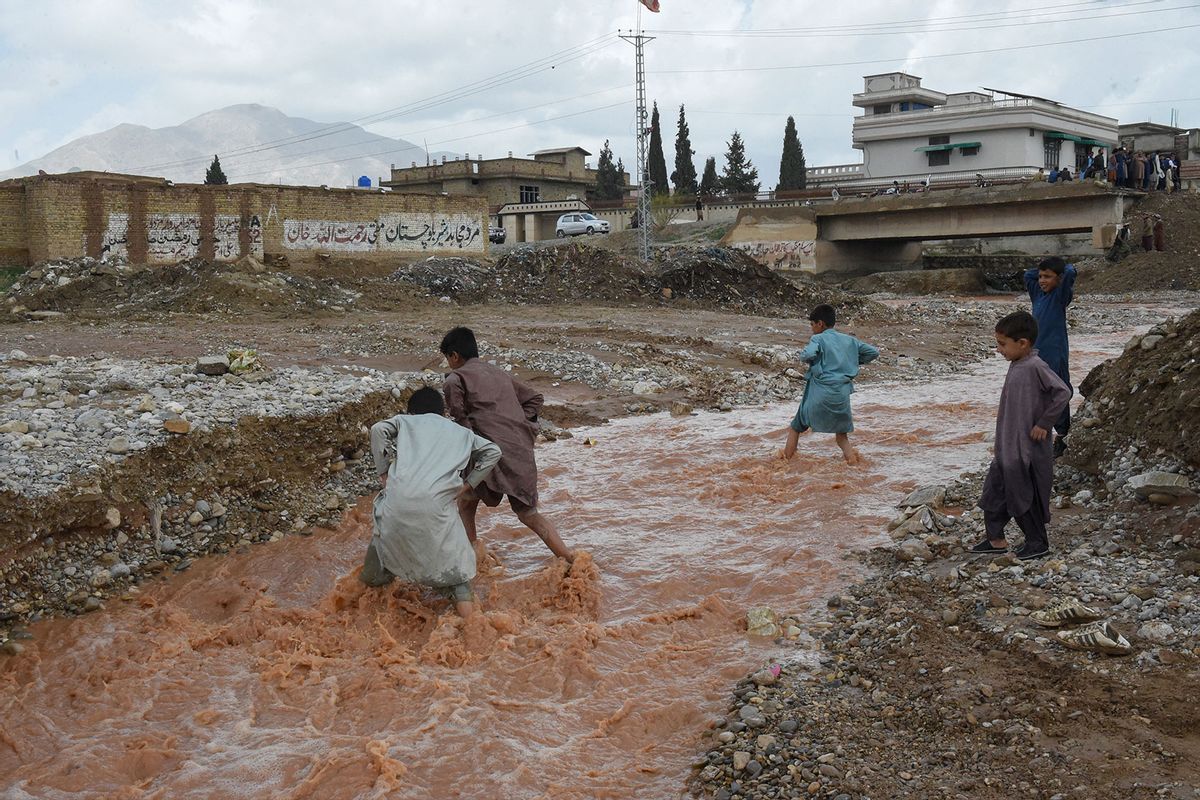Even though humans are experiencing the hottest months in recorded human history, and scientists warn our species is living on "borrowed time," a recent poll found a notable dip in the number of people who view climate change as an urgent issue.
In the latest poll by Monmouth University, less than half (46%) of the American public perceives global heating as being a very serious problem. While this is still higher than the figure from nine years ago (41% in 2015), it is also lower than more recent polling, which had the figure at over half (54% in 2018 and 56% in 2021). Concern about the urgency of addressing climate change — characterizing it as "very serious" — has dropped among all political groups: Democrats (85% to 77% since 2021), Republicans (21% to 13% since 2021) and independents (56% to 43% since 2021). Voters today by far are more worried about issues like inflation, immigration and reproductive rights.
Americans still overwhelmingly acknowledge that climate change is happening and is caused by our burning of fossil fuels, with nearly three out of four (73%) acknowledging that the world's climate is changing in ways that cause more extreme weather and sea level rise. That figure is within the same range as numbers taken in 2015 (70%), 2018 (78%) and 2021 (76%). By contrast, a 2021 study in the journal Environmental Research Letters found that more than 99% of scientists acknowledge climate change as both real and man-made.
One reason for the lack of a public sense of urgency about climate change is the widespread dissemination of misinformation — which includes both science denialism and downplaying the seriousness of the ongoing problem — on social media.
"We see that [denialism] on social media, where for a number of years we've seen bot armies used to pollute the social media discourse on climate change and environmental sustainability," University of Pennsylvania climate scientist Dr. Michael E. Mann told Salon last month.
Read more
about climate change



Shares